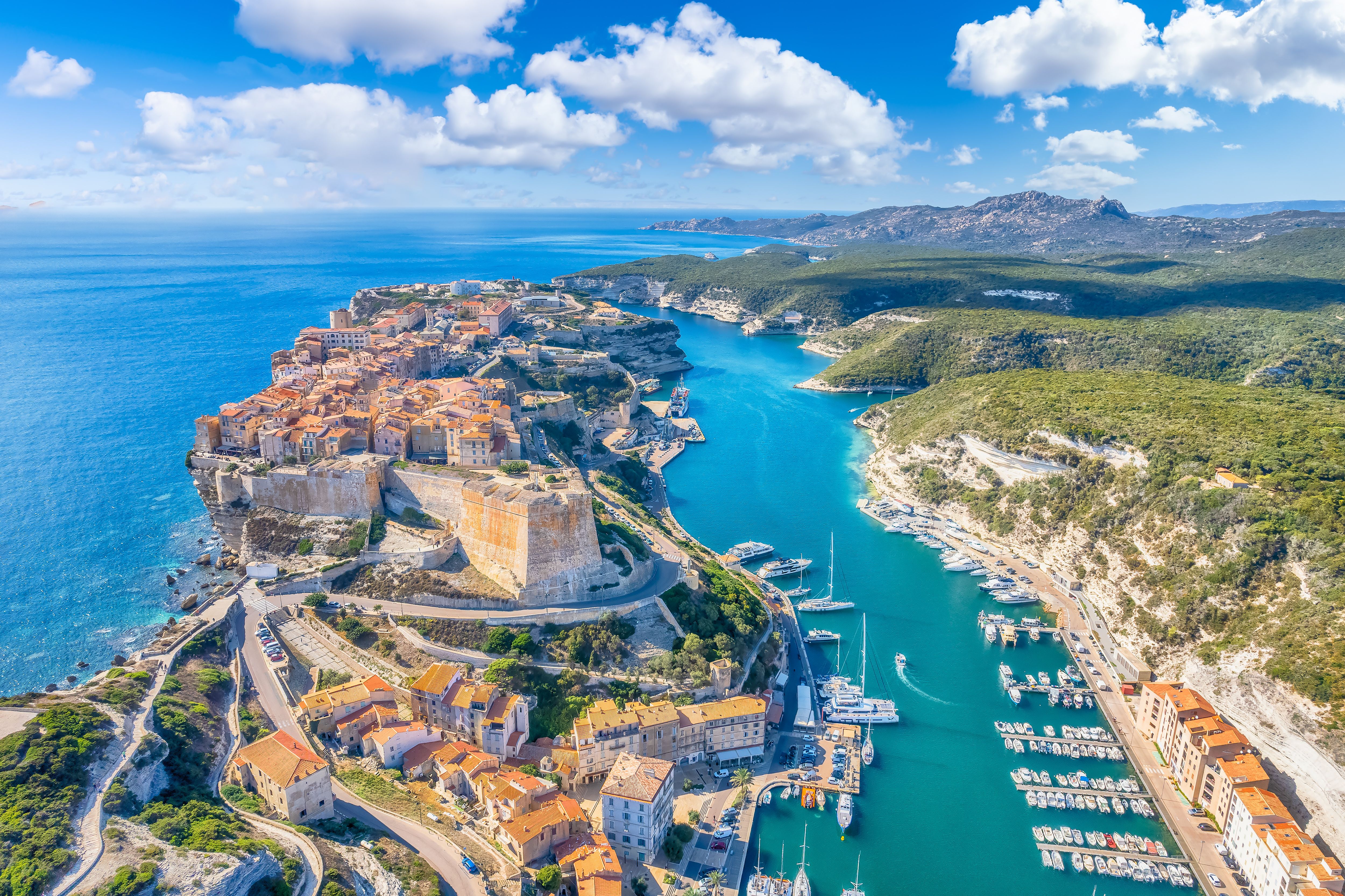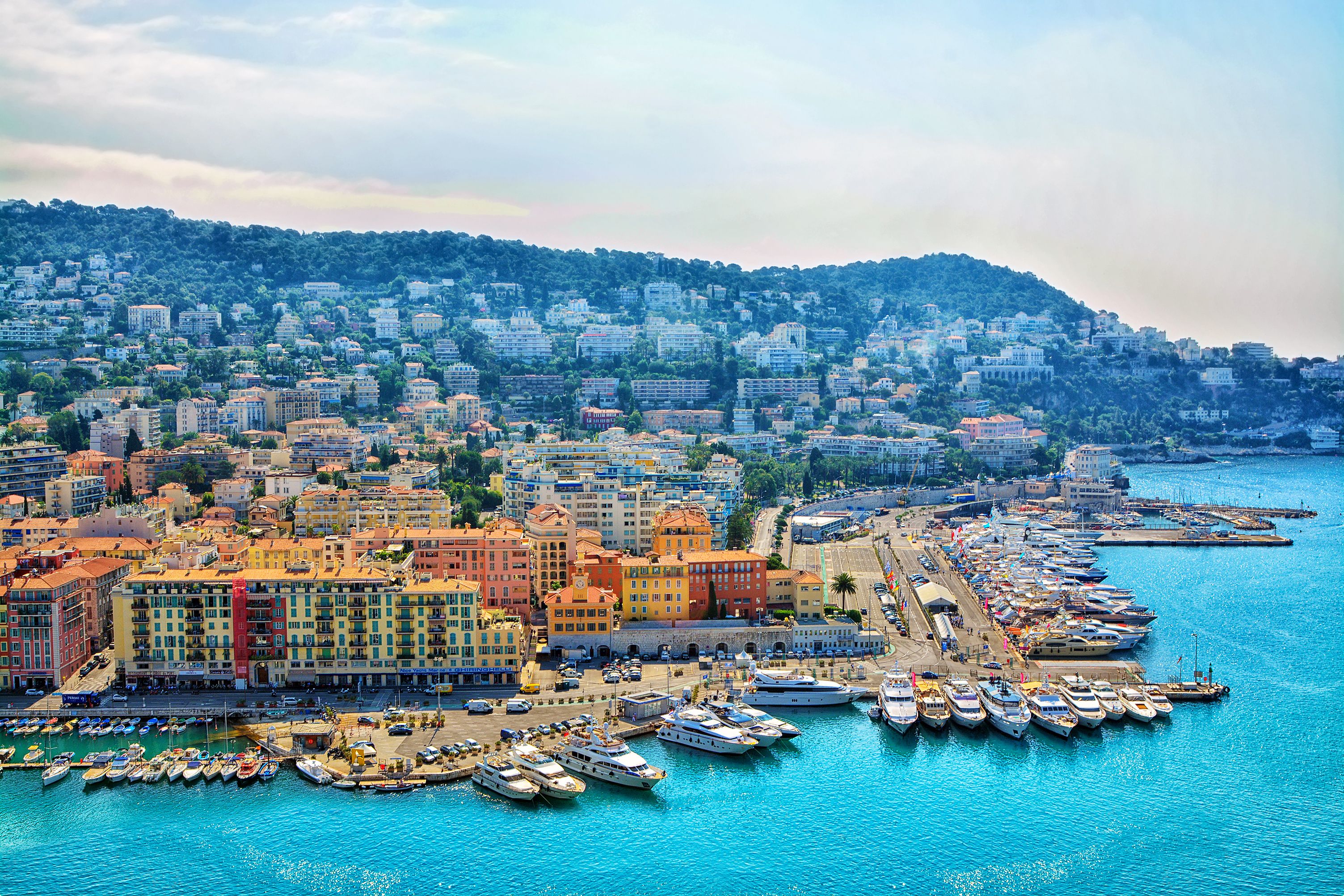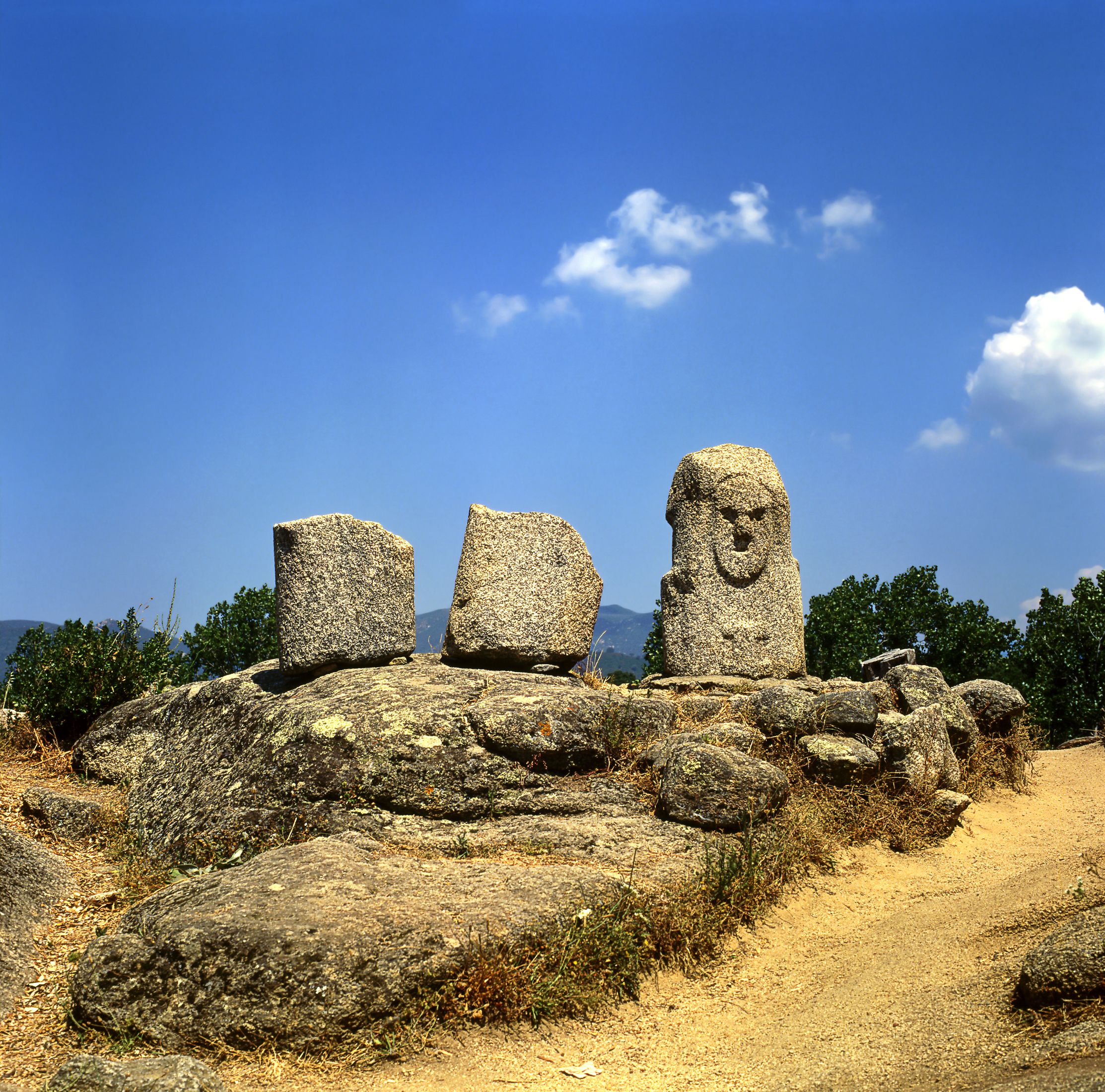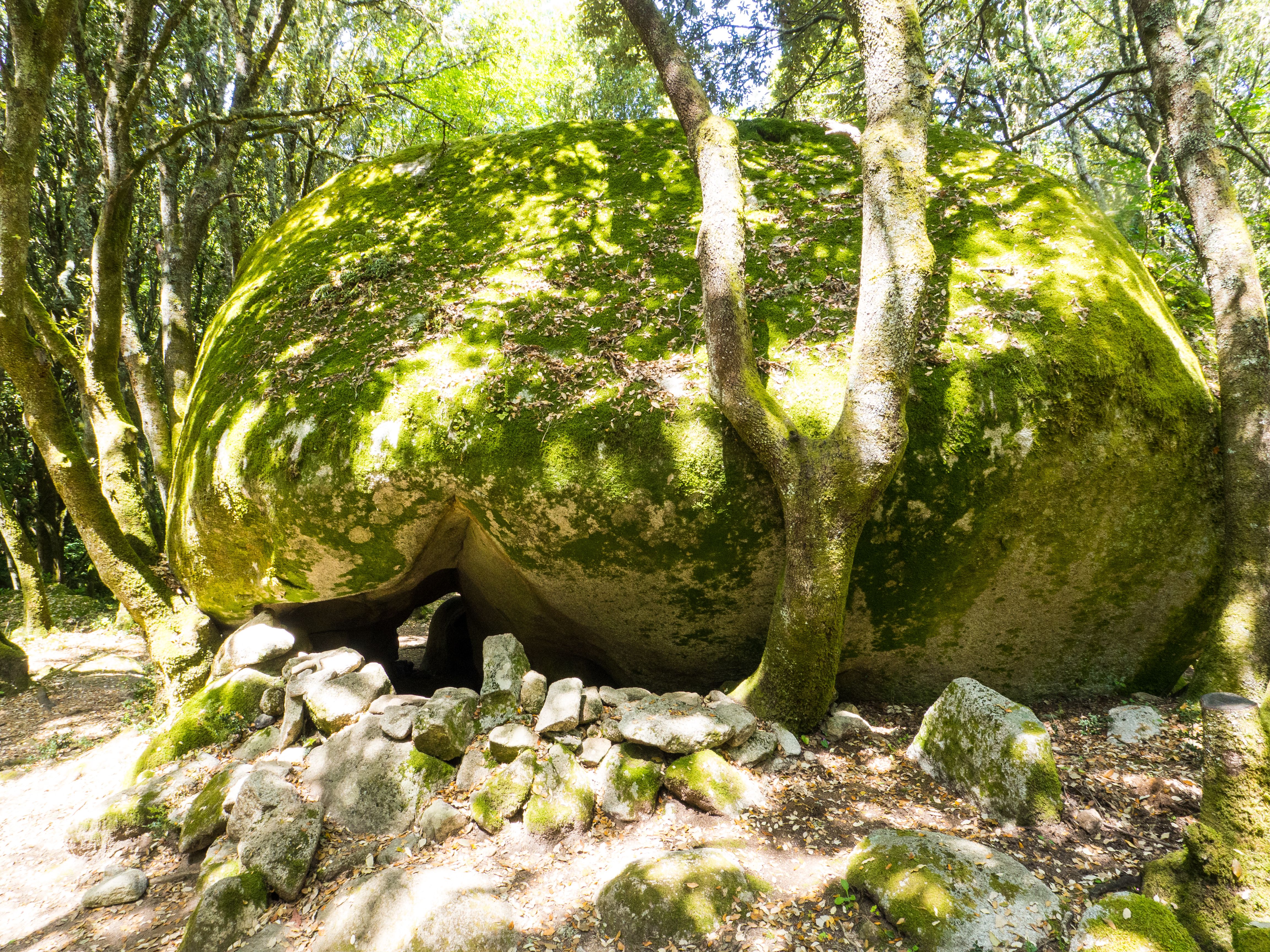Cruising the Island of Corsica

Summary
From the Neolithic Period to the Romans
Although it is principally famed for being the birthplace of Napoleon, Corsica has a rich and ancient history which testifies to the important commercial role the island played in antiquity. As is evident from its plentiful archaeological sites, Corsica has been continuously occupied since 6500 BC and has been an important trading site since the Bronze Age, when the island was inhabited by a people known as the Torreans, who constructed megalithic torri which are akin to Sardinian nuraghi In the 6th century, the island was colonised by Phocaeans, who, defeated by Persians, emigrated to the western Mediterranean, where they founded a number of colonies in southern France as well as Corsica. After Etruscans and Phoenicians defeated the Phocaeans and made their presence felt, Romans took possession of the island after the Punic Wars. Today, what remains of these ancient peoples is a series of unspoilt ruins which are off the beaten track and speak volumes for the multitude of people who have left their mark on Corsica.
The price shown on this page is for a Horizon Cabin – Deck 3 (subject to availability). Please click on 'book now' for all cabin types available. Click on CRUISE/TRAIN under 'what to expect' below for more details about the ship, the cabin and what to expect onboard.
Please note that the itinerary can be subject to change before the cruise departs or during the cruise depending on adjusted sailing times and/or any port restrictions.
What to Expect
- Take in the elegant city of Nice and its important archaeological remains dating from the Paleolithic to the Roman
- Visit Filitosa with its spectacular Bronze Age torri and wonderful anthropomorphic menhirs, all set in an ancient olive grove
- Explore the off-the-beaten track Bronze Age site of Cucuruzzu, a fortress enclosed by cyclopean walls affording stunning views
- Examine Aleria, the capital of the province in the Roman period, colonised by Greeks and Etruscans




